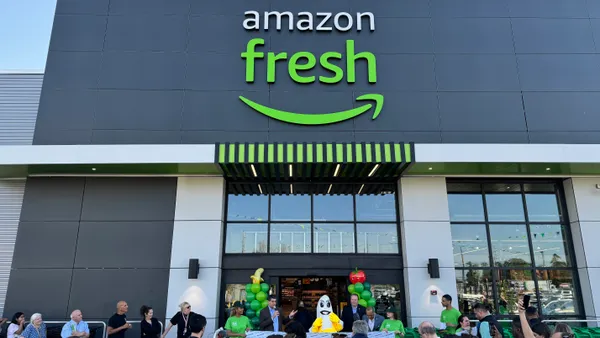It’s often said that one of the silver linings of the COVID-19 pandemic is the reshuffling of priorities. As people reflect on what matters most, they’ve put more value on a work-life balance and on personal time to spend with loved ones or on hobbies.
“There is more to life than just slogging for hours and hours on end. I think the 21st century, the ‘quiet quitting,’ the Great Resignation, they represent that the working class, the workers, have decided they want to have quality, meaningful work they value, but they also have things they want to do outside of work,” said 4 Day Week Global Managing Director and Co-founder Charlotte Lockhart.
Lockhart’s not-for-profit launched in 2019 after news spread about a successful trial the previous year at New-Zealand-based estate planning company Perpetual Guardian, a company co-founded by Lockhart’s 4 Day Week Global colleague Andrew Barnes.
Since then, 4 Day Week Global has led more than 250 companies through pilot programs on shortened weeks. The latest cohort of companies included 33 businesses, most of which were in the U.S. or Ireland or were fully remote. Of those, none said they planned to return to a five-day week after the six-month pilot ended, a report released Nov. 30 found. Companies reported average revenue gains of 38% compared to the previous year and rated productivity at a 7.7 out of 10 during the trial.
On the employee side, about 97% said they wanted to continue with shortened weeks, and 70% said they would need to receive 10% to 50% more pay to work at a job with a five-day workweek, the report found.
“The four-day week has been transformative for our business and our people. Staff are more focused, more engaged and more dedicated, helping us hit our goals better than before. Greater employee retention and faster hiring has been surprisingly powerful in driving improved business outcomes, too,” Jon Leland, chief strategy officer at Kickstarter, said in a news release about the pilot program. “We’re achieving more as an organization, while giving people time to start new creative projects, rest and be with their families. It's a true win-win.”
Lockhart said there’s been a “real shift since the pandemic” on companies’ interest in shortening the workweek.
“Prior to the pandemic, we really did have to explain to people all of the benefits that are there. Now, it’s about the how. We shifted from why to how,” Lockhart told HR Dive.
Software company Buffer did two different consecutive trials on four-day workweeks starting in May 2020 as a way to give employees more flexibility. The company’s former Director of People Nicole Miller said, “The four-day workweek resulted in sustained productivity levels and a better sense of work-life balance.”
Buffer has Fridays as the default day off, which employees may use as overflow days when needed to catch up on work. Employees still get paid the same as when they were working five days per week.
Umber Bhatti, a content strategist at Buffer, said the schedule change initially took some adjustment.
“It was strange when Thursday rolled around, and people would say ‘have a great weekend’ in Slack. I kept forgetting that meetings couldn’t be scheduled on Fridays and end-of-week deadlines needed to be met by Thursday. There was even a bit of anxiety on my part as I wondered if the work was really doable in just four days,” Bhatti said. “But gradually, I became confident that this schedule was actually realistic.”
As more companies normalize reducing the time on the clock, Lockhart sees the four-day workweek movement making big strides in the coming years.
“There are some real conversations being had not just by companies but also by governments in some shape or form, whether they be national or local. I think we've got to the point now where some form of reduced-hours working will be the norm in the next decade,” Lockhart told HR Dive.













